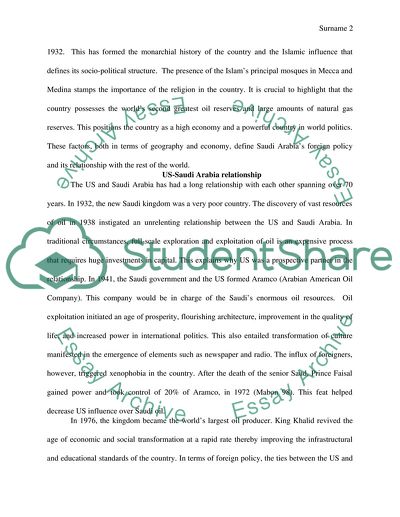Cite this document
(Saudi Arabia as Protector of the Islamic Faith Research Paper, n.d.)
Saudi Arabia as Protector of the Islamic Faith Research Paper. Retrieved from https://studentshare.org/politics/1821509-saudi-arabias-foreign-policy-dilemmas
Saudi Arabia as Protector of the Islamic Faith Research Paper. Retrieved from https://studentshare.org/politics/1821509-saudi-arabias-foreign-policy-dilemmas
(Saudi Arabia As Protector of the Islamic Faith Research Paper)
Saudi Arabia As Protector of the Islamic Faith Research Paper. https://studentshare.org/politics/1821509-saudi-arabias-foreign-policy-dilemmas.
Saudi Arabia As Protector of the Islamic Faith Research Paper. https://studentshare.org/politics/1821509-saudi-arabias-foreign-policy-dilemmas.
“Saudi Arabia As Protector of the Islamic Faith Research Paper”, n.d. https://studentshare.org/politics/1821509-saudi-arabias-foreign-policy-dilemmas.


